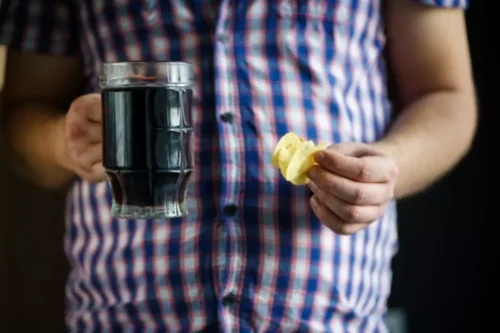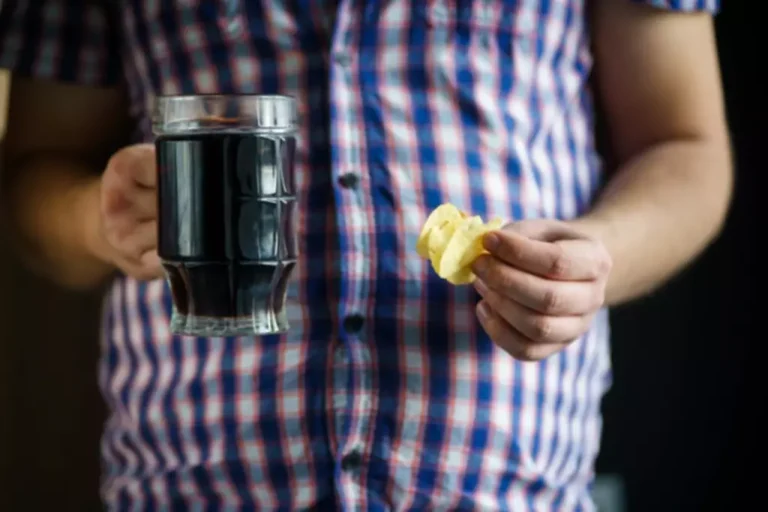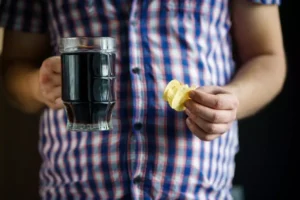Cashbro Phone Loans – En Review https://miprestamos.es/prestamo-600-euros/ of Cashbro Phone Loans
October 12, 2023Finest Brand-new Zealand $an individual Least Lodge Gambling houses Regarding 2022
October 13, 2023
Another possibility is that alcohol irritates the mucous membranes in the nose, causing them to swell and lead to sneezing. The more alcohol you drink, the stronger the effects of alcohol on the body. As you drink, alcohol goes sneezing after drinking alcohol into your bloodstream and affects your brain and body functions. When you drink a lot, your body and brain functions slow down considerably. Whether you’re a dainty, blowhorn, or keep-it-to-yourself sneezer, there’s one thing we all have in common—just about everybody sneezes.
What Does It Feel Like to Be Drunk?
People often call alcohol intolerance an alcohol allergy, and vice versa. People who have a true alcohol allergy should avoid drinking alcohol entirely. The online discussions on this phenomenon range from catching a closet drinker in the act to a life-threatening allergy situation (please, carry an epi-pen in this case).
Nasal polyps
- Read beverage labels to see whether they contain ingredients or additives you know cause a reaction, such as sulfites or certain grains.
- The nasoocular reflex involves a connection between the eyes and nose, which causes stimulation of nerves within the nasal mucous membranes.
- If your body doesn’t produce enough active DAO, you may react to histamine in foods and beverages.
- In this article, we’ll explore why drinking alcohol commonly leads to a stuffed up nose for so many people.
These can include ensuring your furnace filters are clean, using air filters to reduce the amount of pollen in indoor air, and washing your linens in hot water to kill dust mites. If people have severe symptoms or allergies that do not respond to home treatment, a doctor can check for underlying causes and recommend further treatment. People may be able to relieve sneezing by avoiding triggers and allergens and treating a cold with home remedies.
- This is one of the most common side effects of long-term alcohol consumption.
- Hence, seeking professional medical advice is crucial if you notice such symptoms.
- If your body is unable to remove acetaldehyde from the body, symptoms like congestion, flushing, headaches, and more can persist.
- Those “beer sneezes” do not mean you are officially drunk any more than the lack of sneezes mean you are okay to drive.
- Some people with asthma find that their breathing is affected when they drink alcohol.
When to see a doctor
Differences in the sounds of sneezes come from the variance in their nasal anatomy and respiratory muscle strength. That air allows thousands of droplets to project from your nose and mouth as a way to get rid of the allergen or irritant. Dr. Mynes says that while sneezing helps get rid of unwanted particles from the body, it also can spread sickness through those thousands of particles.
- Some say it is more about the type of beer (too many hops) than a reaction to the alcohol in beer.
- These compounds are often added to beer and wine to limit the growth of yeast and act as a preservative.
- If you have this variant, it causes your body to produce less active ALDH2.
- It’s possible that some chemicals in wine and how the body responds to them could result in a headache after drinking wine.
- These triggers cause non-allergic rhinitis, as there are no allergic antibodies behind the symptoms.
- If you’ve noticed any of the above symptoms, you may consider going cold turkey to improve your health.
- You may also pass out or lose control of your bodily functions.
- To avoid a reaction, avoid alcohol or the particular substance that causes your reaction.
- Chronic heavy drinking can cause alcoholic hepatitis, which is the inflammation of your liver.
- Those who have not experienced alcohol intoxication may wonder what it feels like to be “drunk.” It can affect mood, speech, judgment, and more.
- Anticholinergic nasal sprays, such as Nasal Atrovent, can also help ease sneezing.
When you experience stress, your body releases hormones and chemicals, including histamine. Elevated histamine levels can result in sneezing and other allergy symptoms like hives and itchy eyes. Read on to uncover the science behind the stuffy nose phenomenon as well as key strategies to prevent it from becoming an inevitable side effect of drinking alcohol. Other chemical irritants that can cause sneezing include strong odors, perfumes, foods, and tobacco smoke. These triggers cause non-allergic rhinitis, as there are no allergic antibodies behind the symptoms. If you have a true alcohol allergy, even small amounts of alcohol can cause symptoms.

Common Sneezing Causes and Triggers

“This includes looking at ingredient/content labels of food and drink,” explains the nurse. “If you are wanting to avoid alcohol, also be cautious of foods that may have alcohol added, for example in a marinade or sauce.” While nobody feels great after having one too many drinks, somebody with an alcohol intolerance may feel sick right away. “The first sign of alcohol intolerance is usually the general feeling of malaise and discomfort or not feeling well from as little as one drink,” Mansour says. This symptom alone can make drinking unappealing, and you may want to talk to your doctor if it keeps happening. Some people with Hodgkin’s lymphoma experience pain after drinking alcohol.
Sneezes: Here’s Exactly What Happens When You Sneeze—and Why
But experts do know that nonallergic rhinitis happens when blood vessels in the nose expand. These blood vessels fill the tissue that lines the inside of the nose. For instance, the nerve endings in the nose might react to triggers too easily. Some people have a headache a few hours after drinking wine — especially red wine.

General Health

An increase in allergens, such as high pollen counts, may cause an increase in symptoms, such as sneezing. If home treatments for sneezing are not working, people may want to talk with a doctor to find out the underlying cause. A person can take certain medications, such as cromolyn sodium, before exposure to an allergen. Medications for non-allergic rhinitis are also available. A person may sneeze when an irritant enters the nasal passages. Sunnyside is not designed to treat alcohol use disorder (AUD).
More importantly, you’ll discover actionable ways to stop alcohol from inflaming nasal passages so you can avoid the dreaded stuffy nose hangover. Whether you only have the occasional glass of wine at dinner or frequently enjoy late nights out, you’re sure to learn valuable tips to nip post-drinking nasal congestion in the bud. Sunset Alcohol Flush Support is a natural supplement that works specifically to reduce all of these symptoms, including a stuffy nose after drinking alcohol. Sunset works with the body to break down alcohol quickly and effectively, so you don’t experience the negative symptoms. “Reactions to alcohol are unlikely to be caused by a ‘true’ allergy,” explains Holly Shaw, Nurse Advisor at Allergy UK. Alcohol intolerance can cause immediate, uncomfortable reactions after you drink alcohol.